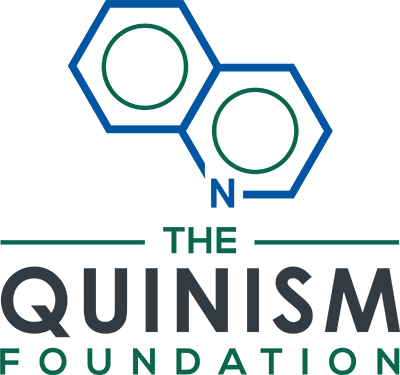The Quinism Foundation Holds Its Second Annual Meeting in White River Junction, Vermont
The Foundation Supports Education and Research on Chronic Quinoline Encephalopathy, a Medical Condition That Can Mimic PTSD
WHITE RIVER JUNCTION, VT. (PRWEB) APRIL 23, 2019
Nearly three dozen attendees from the United States and Canada are expected for the second annual meeting of The Quinism Foundation, Monday, April 29 through Tuesday, April 30, 2019.
The event, which will be held in the Vermont Room at the historic Hotel Coolidge, in the village of White River Junction, Vermont, will feature educational talks on neuropsychiatric quinism, also known as chronic quinoline encephalopathy — a medical condition caused by poisoning by quinoline drugs such as the antimalarial drugs mefloquine and tafenoquine.
“Symptoms of neuropsychiatric quinism can include terrifying nightmares, severe insomnia, crippling anxiety, and debilitating cognitive and neurological dysfunction that can continue long after the drugs are stopped,” said Remington Nevin, MD, MPH, DrPH, executive director of The Quinism Foundation. “As a result, the lasting symptoms of neuropsychiatric quinism are regularly mistaken for those of Posttraumatic Stress Disorder (PTSD), particularly among military veterans, many of whom were issued quinoline antimalarials such as mefloquine and tafenoquine during overseas deployments.”
The Quinism Foundation has extended an invitation to the leadership and staff of the VA’s National Center for PTSD, located at the nearby White River Junction VA Medical Center, to attend the conference at no cost.
“We are delighted to join the VA’s National Center for PTSD in making White River Junction, Vermont, our home, and to hold our annual meeting here,” said Dr. Nevin. “A highlight of our meeting that we hope will be of interest to the VA’s National Center for PTSD is a roundtable discussion on quinism and PTSD, moderated by Dr. Harold Kudler, a current Duke professor of psychiatry and former Veterans Health Administration official, comparing and contrasting symptoms of trauma and symptoms of poisoning by mefloquine, tafenoquine, and related drugs. Our location makes it convenient to extend opportunities such as these for collaboration between our organizations, and helps position the village of White River Junction as an emerging center for research and education on these two neuropsychiatric conditions, which often mimic each other”
In addition to Dr. Kudler, other guest speakers include Dr. Elspeth Ritchie, former U.S. Army psychiatry consultant to the Army Surgeon General, attorney Paul Miller from Toronto firm Howie, Sacks & Henry, and U.S. attorney John Maher of John N. Maher Legal Services.
Attendees at the meeting will learn how the U.S. military and Department of Veterans Affairs (VA), as well as the militaries and veteran agencies of Canada and other countries, are addressing the burden of neuropsychiatric quinism among their populations. Attendees will also learn about recent efforts to obtain disability and related compensation for those affected by quinism, and about the recently-commissioned 18-month study by a committee of the National Academies of Sciences, Engineering, and Medicine into the long-term effects of mefloquine and related antimalarial drugs.
The meeting is open to the general public. To learn more, visit quinism.org/meeting.
About The Quinism Foundation
The Quinism Foundation, founded in January 2018, in White River Junction, Vermont, promotes and supports education and research on quinism, the family of medical disorders caused by exposure to quinoline drugs, including mefloquine and tafenoquine. Dr. Nevin is a board-certified occupational medicine and preventive medicine physician and former U.S. Army medical officer and epidemiologist. He is author of more than 30 scientific publications on malaria and the quinoline antimalarials, including “Neuropsychiatric Quinism: Chronic Encephalopathy Caused by Poisoning by Mefloquine and Related Quinoline Drugs,” published in the Springer Nature book, “Veteran Psychiatry in the US,” (https://www.springer.com/us/book/9783030053833).

